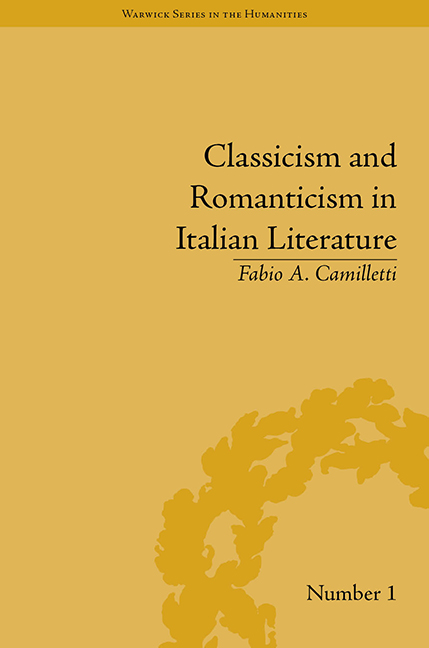Conclusion: ‘The Evening of the Holiday’
Summary
In his fragment on suicide, most likely drafted in 1820, Leopardi concluded that
Pochissimi convengono che le cose antiche fossero veramente più felici delle moderne, e questi pochissimi le riguardano come cose alle quali non si dee più pensare perché le circostanze sono cambiate. Ma la natura non è cambiata, e un'altra felicità non si trova, e la filosofia moderna non si dee vantare di nulla se non è capace di ridurci a uno stato nel quale possiamo essere felici. O sieno cose antiche o non antiche, il fatto sta che quelle convenivano all'uomo e queste no, e che allora si viveva anche morendo, e ora si muore vivendo, e che non ci sono altri mezzi che quegli antichi per tornare ad amare e a sentir la vita
(Very few agree about ancient matters truly being much happier than the modern ones, and these very few see them as matters one should think about no longer, since circumstances have changed. But nature has not changed, nor can any other form of happiness be found, and modern philosophy should not take pride in anything if it is unable to bring us to some state in which we can be happy. Whether they are ancient or not, it remains that those matters were convenient to man and these are not, and that once people used to live even whilst dying, and now people die whilst living, and that there are no other means than the ancient ones for loving and feeling life back again)
- Type
- Chapter
- Information
- Classicism and Romanticism in Italian LiteratureLeopardi's Discourse on Romantic Poetry, pp. 105 - 112Publisher: Pickering & ChattoFirst published in: 2014

